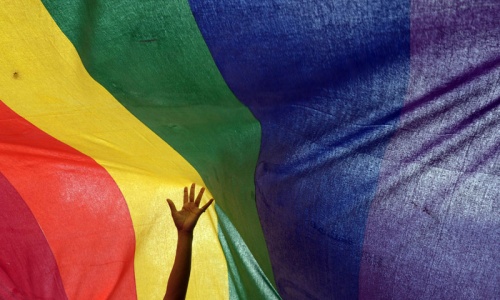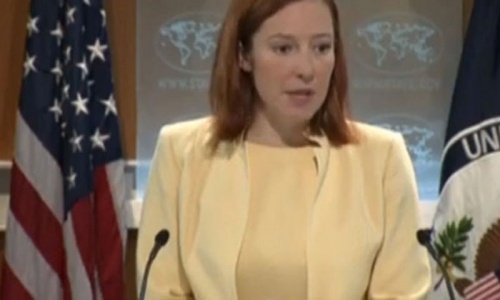NEW DELHI: India's government petitioned the Supreme Court on Friday urging it to reverse a ban on gay sex, saying individual rights must be respected.
The ruling Congress party has been critical of the court's decision and taken an unexpectedly bold stand in the religiously conservative nation ahead of a tough election early next year.
The top court last week overturned a 2009 ruling by Delhi's High Court, which had lifted the ban on gay sex between consenting adults that dated back to the nineteenth century.
The Delhi High Court had said Section 377 of the Indian Penal Code which bans “unnatural offences” did not apply to sexual relations between consenting adults as it would violate constitutional guarantees of dignity, equality and freedom from discrimination.
Violation of the law can be punished with up to 10 years in jail under section 377 of the Indian penal code which prohibits “sex against the order of nature” that is widely interpreted to mean homosexual sex.
“The Govt has filed the review petition on section 377 in the Supreme Court today. Let's hope the right to personal choices is preserved,” Law Minister Kapil Sibal said in a Twitter post.
A three-judge bench of the Supreme Court will hear the petition at a date yet to be decided, an advocate filing the petition told Reuters.
India's gay culture has opened up in recent years, although the country remains overwhelmingly conservative and sex outside marriage, even among heterosexual couples, is largely frowned upon.
The court's decision sparked fear that the gay community was effectively being outlawed. The ruling was condemned internationally.
In its decision last week, the Supreme Court said only parliament could change the law prohibiting gay sex.
The apex court, however, will now consider the merits of the government's request and decide whether to re-examine the judgement.
Gay rights activists say that the law reflects British colonial standards and not Indian traditions.
















































